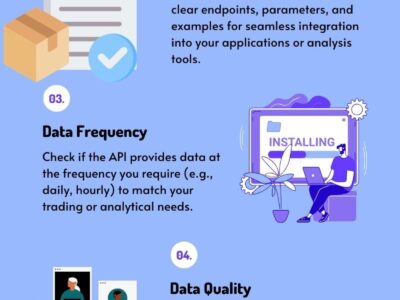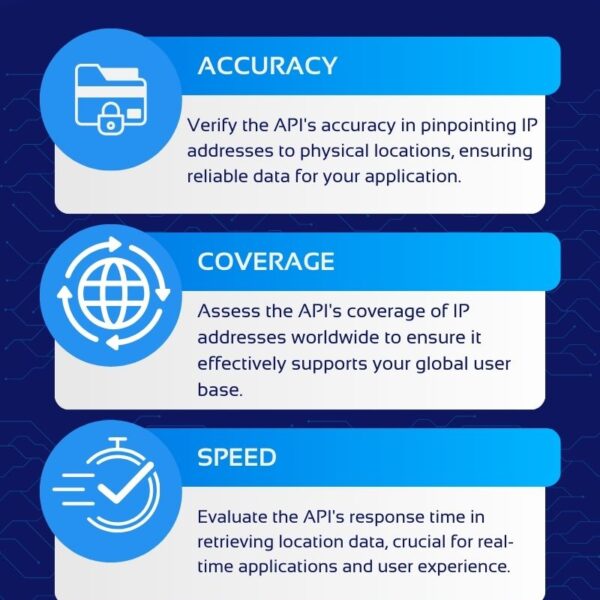
In the dynamic realm of education, effective communication and engagement are the cornerstones of academic success. As institutions strive to provide exceptional learning experiences, the implementation of a comprehensive Student Result Management System has emerged as a game-changer. This powerful solution not only streamlines processes but also fosters an environment of transparency, collaboration, and continuous improvement.
The Importance of Efficient Communication
Effective communication is the lifeblood of any educational institution. It facilitates the seamless exchange of information, ensuring that students, faculty, and administrative staff are aligned and working towards common goals. A robust Student Result Management System serves as a central hub, enabling efficient communication channels and fostering an environment of trust and accountability.
By providing real-time access to examination results, progress reports, and performance analytics, this system empowers students to stay informed and engaged throughout their academic journey. Furthermore, it enables faculty members to promptly address any concerns, offer personalized guidance, and tailor their instructional approaches to cater to individual learning needs.
Fostering Engagement and Ownership
Engagement is a crucial catalyst for academic success, and a well-designed Student Result Management System plays a pivotal role in cultivating an engaged learning community. When students have easy access to their examination results and performance data, they develop a sense of ownership over their educational journey. This heightened level of engagement encourages self-reflection, goal-setting, and a proactive approach to academic growth.
Moreover, by providing a transparent platform for communication and feedback, the Student Result Management System empowers students to actively participate in their learning process. They can seek clarification, raise questions, and collaborate with faculty members, fostering a dynamic and interactive learning environment that nurtures curiosity and critical thinking.
Streamlining Administrative Processes
Beyond enhancing communication and engagement, a robust Student Result Management System streamlines administrative processes, freeing up valuable time and resources for institutions. By automating tasks such as result processing, grade calculations, and report generation, this system minimizes the risk of human error and ensures accurate and timely data delivery.
Additionally, the centralized nature of the Student Result Management System enables seamless data integration across various departments and stakeholders, promoting cross-functional collaboration and informed decision-making. This holistic approach not only enhances operational efficiency but also contributes to a more cohesive and aligned institutional strategy.
Driving Continuous Improvement
Data-driven insights are the catalysts for continuous improvement in the educational sphere. A comprehensive Student Result Management System serves as a valuable data repository, capturing a wealth of information related to student performance, exam trends, and curricular effectiveness. By leveraging advanced analytics and reporting capabilities, institutions can identify areas of strength and opportunities for growth, enabling data-informed decision-making and targeted interventions.
Furthermore, the system’s ability to generate detailed reports and visualizations empowers educators to track student progress over time, identify learning gaps, and adjust instructional strategies accordingly. This data-driven approach fosters a culture of continuous improvement, where educators and administrators work collaboratively to refine curricula, enhance teaching methodologies, and ultimately provide a transformative learning experience for students.
Enhancing Parent and Stakeholder Engagement
Effective communication and engagement extend beyond the classroom, encompassing parents and other stakeholders in the educational ecosystem. A well-designed Student Result Management System facilitates seamless information sharing, enabling parents and guardians to stay informed about their children’s academic progress, attendance records, and overall performance.
By providing secure and easy access to this information, the system promotes transparent communication and fosters a collaborative partnership between educational institutions and families. Parents can actively participate in their children’s learning journeys, offer support and guidance, and work in tandem with educators to ensure their children’s academic success.
Promoting Accessibility and Inclusivity
In today’s diverse and inclusive educational landscape, accessibility and accommodating individual needs are paramount. A robust Student Result Management System acknowledges and addresses these considerations, ensuring that all students have equal access to their examination results and performance data, regardless of their abilities or circumstances.
By incorporating features such as accessibility tools, language support, and customizable interfaces, the system caters to the unique requirements of students with diverse backgrounds and learning styles. This inclusive approach not only fosters a sense of belonging but also empowers students to take ownership of their academic journeys, promoting equity and fostering an environment of mutual respect and understanding.
Just like how a robust Revolutionizing Modern Recruitment system can streamline and optimize the talent acquisition process, a comprehensive Student Result Management System plays a pivotal role in transforming the educational landscape, driving academic excellence, and preparing students for success in an increasingly complex and interconnected world
Conclusion
In the ever-evolving landscape of education, a comprehensive Student Result Management System stands as a catalyst for transformative change. By fostering effective communication, enhancing engagement, and promoting data-driven decision-making, this powerful solution empowers institutions to unlock the full potential of their students and faculty. As technology continues to shape the future of education, embracing innovative solutions like the Student Result Management System will be instrumental in cultivating a dynamic and collaborative learning environment, driving academic excellence, and preparing students for success in an increasingly complex and interconnected world.
What are the key benefits of implementing a Student Result Management System?
The key benefits include improved communication between students, faculty, and administration, enhanced student engagement and ownership, streamlined administrative processes, data-driven insights for continuous improvement, and increased parent and stakeholder involvement.
How does a Student Result Management System foster effective communication?
The system acts as a central hub, providing real-time access to examination results, progress reports, and performance analytics. It enables seamless information exchange and facilitates transparent communication between all stakeholders.
Can a Student Result Management System accommodate diverse learning needs and abilities?
Yes, a well-designed system incorporates features such as accessibility tools, language support, and customizable interfaces to cater to the unique requirements of students with diverse backgrounds and learning styles, promoting inclusivity and equity.
How does a Student Result Management System contribute to continuous improvement in education?
By capturing and analyzing data related to student performance, exam trends, and curricular effectiveness, the system provides valuable insights and data-driven decision-making capabilities. This enables institutions to identify areas for improvement, refine curricula, and enhance teaching methodologies.
Does a Student Result Management System also benefit parents and stakeholders?
Yes, the system facilitates seamless information sharing, enabling parents and guardians to stay informed about their children’s academic progress, attendance records, and overall performance. This promotes transparent communication and fosters collaborative partnerships between educational institutions and families.










